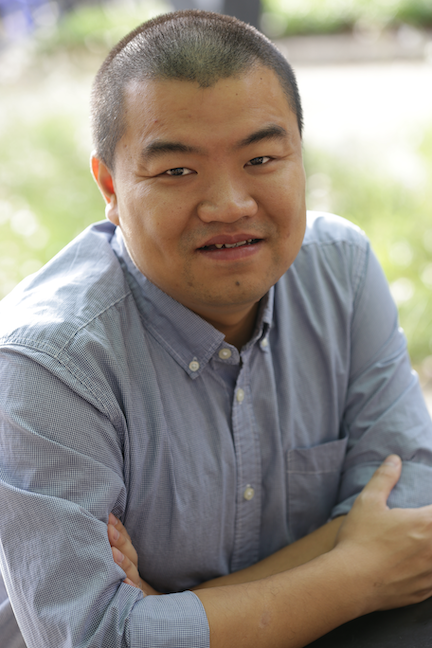Catalyzing Public Opinion Research with Large Language Models: Promise or Peril?
Talk, Center for Communications Research, City University of Hong Kong, Hong Kong
Large language models (LLMs) have garnered substantial attention across various academic disciplines. In this presentation, I will discuss the potential applications of LLMs in advancing public opinion research, both as tools and as dynamic contributors to the research process. I will introduce several ongoing research initiatives that leverage LLMs to elicit human responses to survey inquiries, particularly within the domains of climate change, cultural values, and political behaviors. Through a synthesis of empirical findings from external studies and our own investigations, we will explore the opportunities and challenges associated with the use of LLMs in public opinion research. This talk aims to prompt contemplation of LLMs’ potential as not only language models but also active participants in the intricate interplay of data and human understanding.
